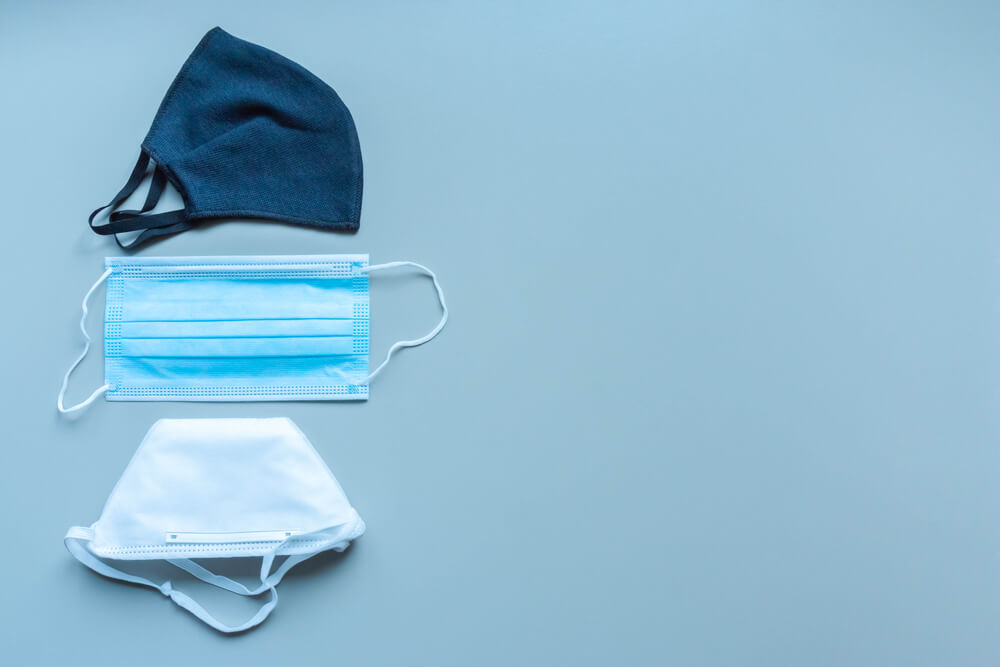



Get new exclusive access to healthcare business reports & breaking news




With saddening records of deaths, the Novel Coronavirus (COVID-19) continues to be an immense health burden in many nations around the world, while increasing insurance premiums in the United States. With this, countries around the globe have adopted health safety protocols to prevent the spread of the virus, such as social distancing, regular hand washing/sanitizing, and wearing of face masks and face shields.
Face masks are, in particular, one of the most highly in-demand personal protective equipment (PPE), not just by the frontliners, but also by the general public. And, because the wearing of face masks has been made mandatory in all countries, face mask shortage happened. This shortage in the supply of face masks had pushed other businesses to make masks out of cloth. But can cloth masks protect us as a surgical mask does?
There are different types of masks and each has its preventive way to save people from being infected by the virus. Here’s what you should know about the different types of masks and their effectiveness:
This type of mask is evaluated and certified by health agencies to be an effective mask. The N95 mask is tightly fitted to the face and it filters out 95% of airborne particles when the wearer inhales both large and small. The effectiveness of approved kn95 masks in filtering pollutants, viruses, and bacteria has been attested by scientists around the world. In other words, N95 masks provide more protection than any other masks.
N95 mask is generally a single-time use and it is intended for health workers. This is recommended for use by healthcare workers providing care for COVID-19 patients since they are the ones more exposed to the virus.
It provides a barrier to splashes and large droplets impacting the wearer’s mouth, nose, and respiratory tract. However, this mask does not protect the wearer against smaller droplets. Unlike N95, surgical masks are loose-fitting to the face. This mask filters 75% of the airborne particles and this is disposable and meant for one-time use. This mask is intended to be used by healthcare workers and patients in healthcare. Surgical masks are recommended when N95s are not available.
This is a type of mask that has not been evaluated and tested by any recognized standards. This is made up of sewn and non-sewn clothes, intended to trap droplets that are released when the person wearing them talks, coughs or even sneezes. Any cloth can be used as a cloth mask.
This mask fits against the face and it has only 3% to 60% effectiveness in blocking the droplets since it is only made out of fabric. There are instances where people find it difficult to breathe through the fabric. Unlike surgical masks and N95 masks, cloth masks are washable and reusable. This mask is recommended to be used by the general public in transportations, grocery stores, pharmacies, etc. when surgical masks are not available.
Face masks may be used to block contaminated droplets formed by the wearer, or as personal protective equipment (PPE). Some face masks may function both as a PPE and as a means of preventing the wearer from transmitting droplets ( Surgical Masks, N95), whereas others act only as a PPE (N95 with single-way outlet valves) and do not shield the wearer from the public. Others, like the cloth masks, may shield the public from the contaminated wearer; however, they only provide the wearer with less protection from the contagious public.